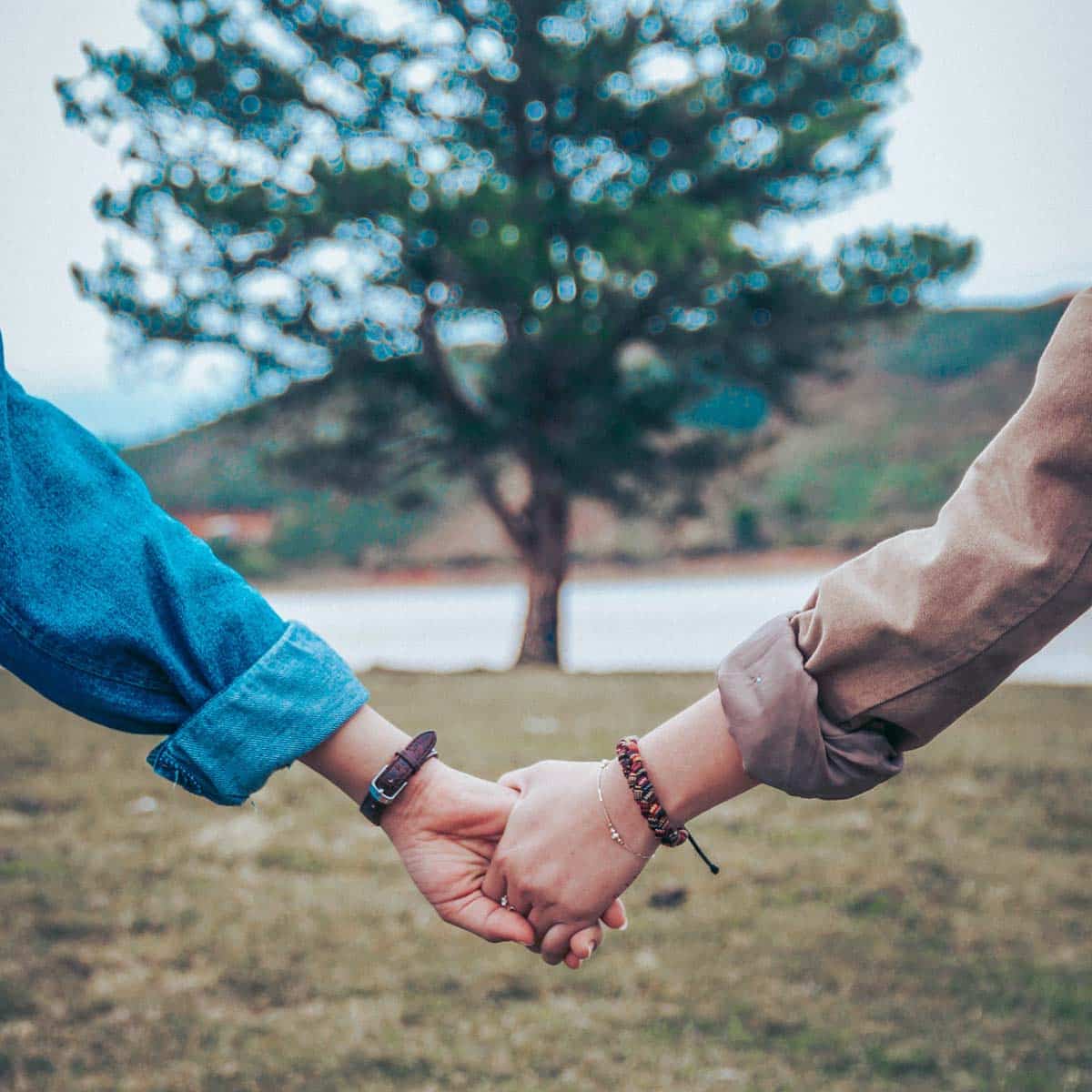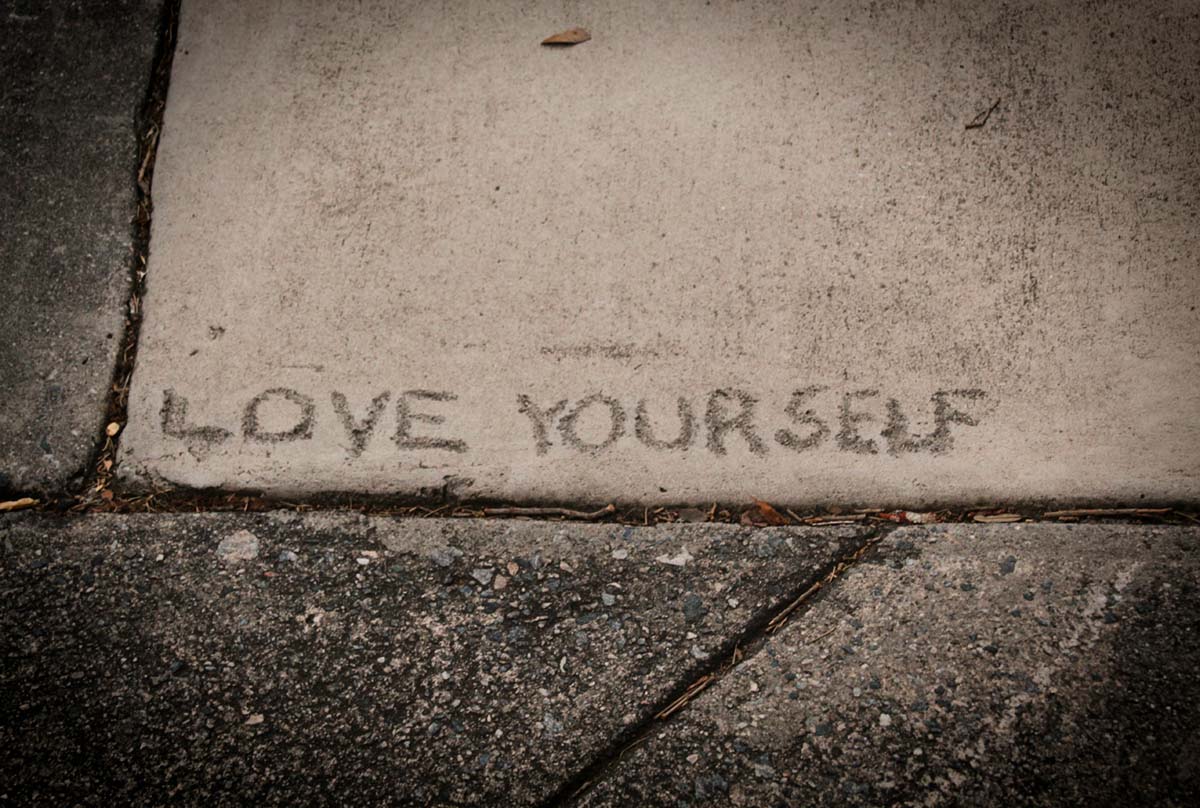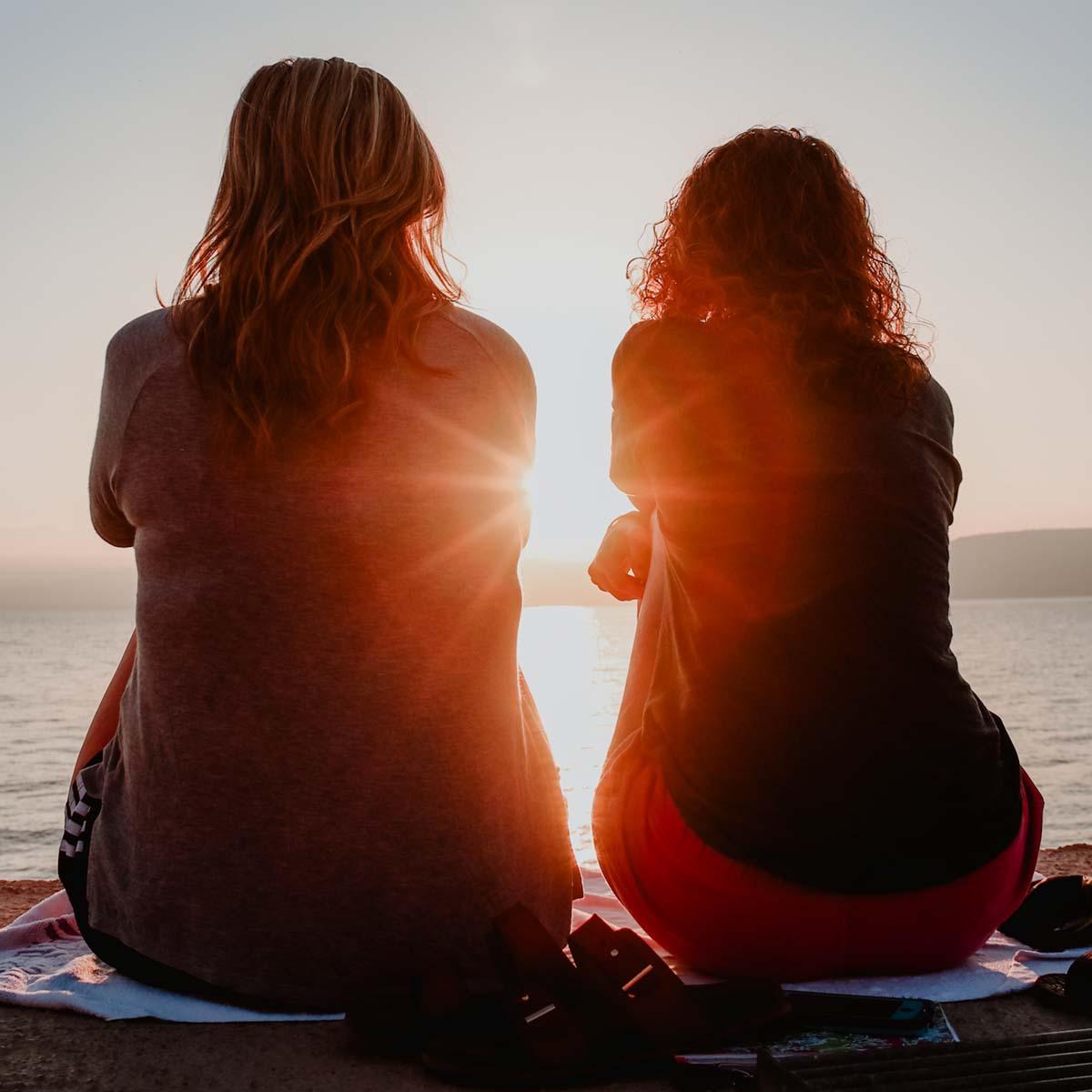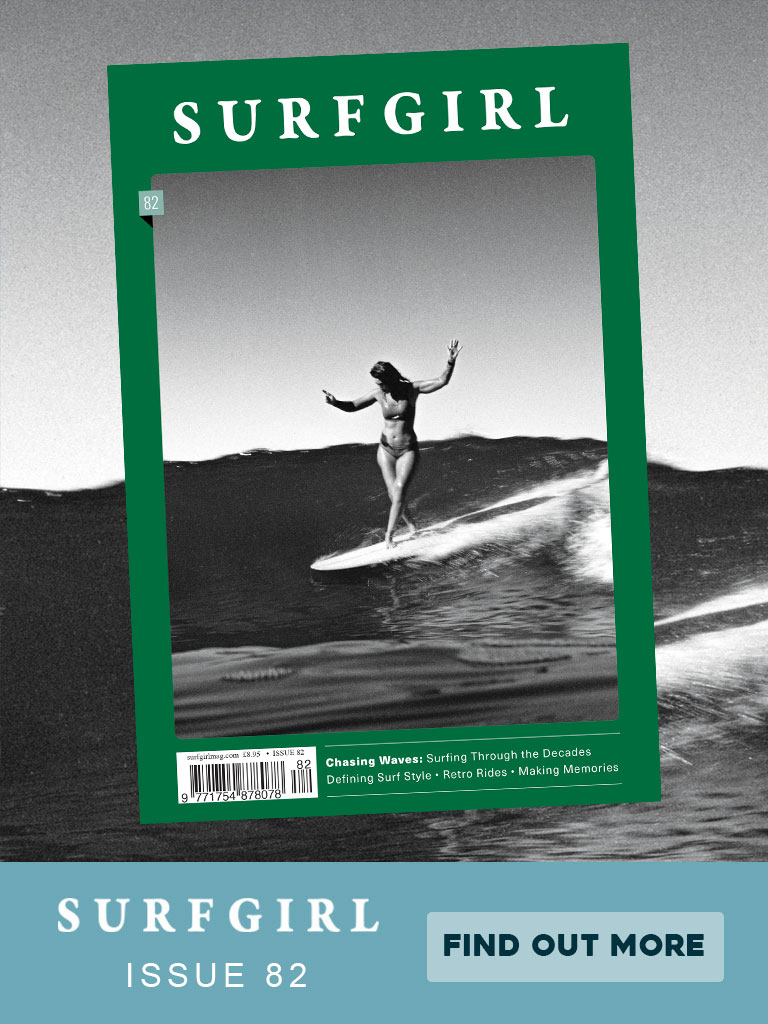
This year’s release from Australian cinema, ‘Girls Can’t Surf’, projected the words ‘if you can’t see it, you can’t be it’ and this stuck with me. As little girls, we look at the world as though nothing stands in our way; ambitious, motivated, happy, fulfilled. We take our surfboards, skateboards and whatever boards, with our brothers/friends and get scratched up, beaten up and then we head into the water.
As we grow older however we realise our femaleness makes us secondary in some and often very large, portions of our lives. It constricts our potential and cuts off the blood supply to our livelihoods, our desires and our hobbies. It’s way less acceptable for us to want to make a life out of professional sports, let alone if we just do it out of enjoyment.
On top of that, the doors are very much open for the marketable surf girls, contracts are waiting, bikini lines are ready and the money is already in someones wallet. The industry, like many others, thrives on the fact there is one feminine ideal and the closer we get to it, the better. Ultimately, every other woman who does not look like the ‘perfect surfer girl’, pays for the feeling of acceptability. A feeling which is not achievable, ever. Not just due to genetics but because of the estranged realms of photo shop. Luckily we are seeing a shift in the amount of body types, skin colours, nationalities and stories we see, but now is not the time to become complacent – now is the time to paddle out for the bigger waves.
On that notion, some women have more opportunities than those of a different skin colour. At the top level, out of the 261 surfers on the World Tour, only a handful of them are black or women of colour. Past cover star Nique Miller stated ‘It is extremely hard for dark skinned surfers to follow the world tour and do contests around the world because they don’t have the financial backing from these [big] brands’. She described even working two jobs was not enough to be able to pay rent and compete.
This is why representation matters. If we’re not speaking for all women we speak for no women.
Here’s my top 5 tips for duck-diving the hate and realising your privilege;

• Intersectionality refers too ‘the interconnected nature of social categorisations such as race, class, and gender, regarded as creating overlapping and interdependent systems of discrimination or disadvantage’. So not only do you have to deal with the challenges of being female in a male dominated sport, but also things such as skin tone can Ada up to subtract away from your total opportunities.
• Misogyny is the dislike of, contempt for, or ingrained prejudice against women. This one is sneaky, like weaver fish – hidden and pops up out of nowhere. We can also internalise misogyny meaning we dislike other women because of female qualities. As women who share a common passion for the water we must recognise our allies and ditch the hate. If we recognise where these feelings have come from chances are they’ve got no root in our true beliefs – and can be easily pulled out.

3. Remember your privilege. Just as intersectionality details that one type of surfer is rewarded with sponsorships and others less so – we must remember there are stories we do not hear. As a result there is a potentially monotonous narrative that leaves out hardships and challenges that we will never experience. We must actively seek to understand everyones experience to unite as one and give everyone the floor (or a board) to speak. Here is where we can make connections that are true and honest because we understand where people have been, and where they are going.
5. Put yourself first when things are too much. Whilst we encourage looking out for fellow female surfers, the constant negativity surrounding current policies in the world can be draining. We all need to be fighting-fit to make a change. Make sure you are still doing your meditative practices to help stay aware of your emotions as you go through this journey. Maybe shut out from the news for a little while, until you feel ready to reconnect. We must all be self aware otherwise everything becomes too much and we become pessimistic. We must remember the ocean and let it remind us possibilities are endless.





